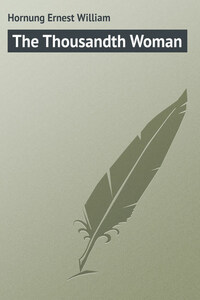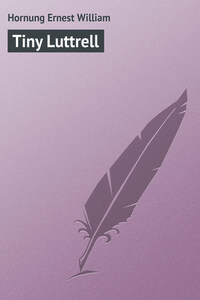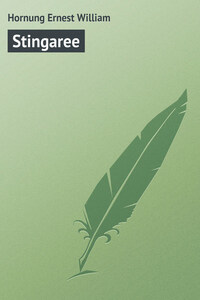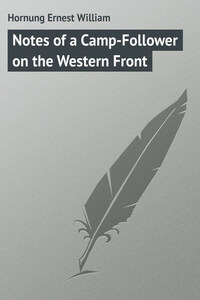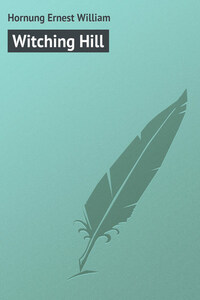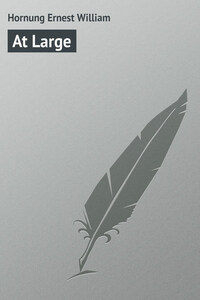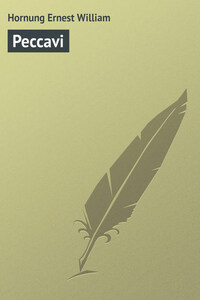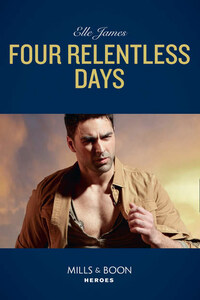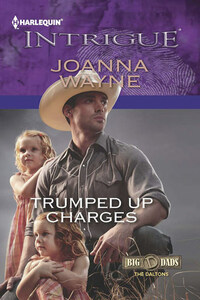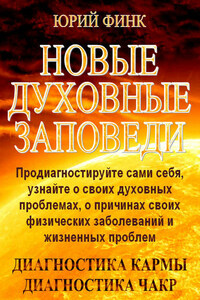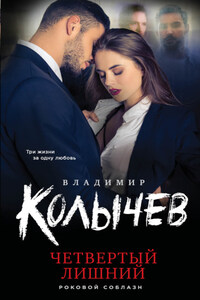Cazalet sat up so suddenly that his head hit the woodwork over the upper berth. His own voice still rang in his startled ears. He wondered how much he had said, and how far it could have carried above the throb of the liner's screws and the mighty pounding of the water against her plates. Then his assembling senses coupled the light in the cabin with his own clear recollection of having switched it off before turning over. And then he remembered how he had been left behind at Naples, and rejoined the Kaiser Fritz at Genoa, only to find that he no longer had a cabin to himself.
A sniff assured Cazalet that he was neither alone at the moment nor yet the only one awake; he pulled back the swaying curtain, which he had taken to keeping drawn at night; and there on the settee, with the thinnest of cigarettes between his muscular fingers, sat a man with a strong blue chin and the quizzical solemnity of an animated sphinx.
It was his cabin companion, an American named Hilton Toye, and Cazalet addressed him with nervous familiarity.
"I say! Have I been talking in my sleep?"
"Why, yes!" replied Hilton Toye, and broke into a smile that made a human being of him.
Cazalet forced a responsive grin, as he reached for his own cigarettes. "What did I say?" he asked, with an amused curiosity at variance with his shaking hand and shining forehead.
Toye took him in from crown to fingertips, with something deep behind his kindly smile. "I judge," said he, "you were dreaming of some drama you've been seeing ashore, Mr. Cazalet."
"Dreaming!" said Cazalet, wiping his face. "It was a nightmare! I must have turned in too soon after dinner. But I should like to know what I said."
"I can tell you word for word. You said, 'Henry Craven – dead!' and then you said, 'Dead – dead – Henry Craven!' as if you'd got to have it both ways to make sure."
"It's true," said Cazalet, shuddering. "I saw him lying dead, in my dream."
Hilton Toye took a gold watch from his waistcoat pocket. "Thirteen minutes to one in the morning," he said, "and now it's September eighteenth. Take a note of that, Mr. Cazalet. It may be another case of second sight for your psychical research society."
"I don't care if it is." Cazalet was smoking furiously.
"Meaning it was no great friend you dreamed was dead?"
"No friend at all, dead or alive!"
"I'm kind of wondering," said Toye, winding his watch up slowly, "if he's by way of being a friend of mine. I know a Henry Craven over in England. Lives along the river, down Kingston way, in a big house."
"Called Uplands?"
"Yes, sir! That's the man. Little world, isn't it?"
The man in the upper berth had to hold on as his curtains swung clear; the man tilted back on the settee, all attention all the time, was more than ever an effective foil to him. Without the kindly smile that went as quickly as it came, Hilton Toye was somber, subtle and demure. Cazalet, on the other hand, was of sanguine complexion and impetuous looks. He was tanned a rich bronze about the middle of the face, but it broke off across his forehead like the coloring of a meerschaum pipe. Both men were in their early prime, and each stood roughly for his race and type: the traveled American who knows the world, and the elemental Britisher who has made some one loose end of it his own.
"I thought of my Henry Craven," continued Toye, "as soon as ever you came out with yours. But it seemed a kind of ordinary name. I might have known it was the same if I'd recollected the name of his firm. Isn't it Craven & Cazalet, the stockbrokers, down in Tokenhouse Yard?"
"That's it," said Cazalet bitterly. "But there have been none of us in it since my father died ten years ago."
"But you're Henry Craven's old partner's son?"
"I'm his only son."
"Then no wonder you dream about Henry Craven," cried Toye, "and no wonder it wouldn't break your heart if your dream came true."
"It wouldn't," said Cazalet through his teeth. "He wasn't a white man to me or mine – whatever you may have found him."
"Oh! I don't claim to like him a lot," said Toye.
"But you seem to know a good deal about him?"
"I had a little place near his one summer. I know only what I heard down there."
"What did you hear?" asked Cazalet. "I've been away ten years, ever since the crash that ruined everybody but the man at the bottom of the whole thing. It would be a kindness to tell me what you heard."
"Well, I guess you've said it yourself right now. That man seems to have beggared everybody all around except himself; that's how I make it out," said Hilton Toye.
"He did worse," said Cazalet through his teeth. "He killed my poor father; he banished me to the wilds of Australia; and he sent a better man than himself to prison for fourteen years!"
Toye opened his dark eyes for once. "Is that so? No. I never heard that," said he.
"You hear it now. He did all that, indirectly, and I don't care who hears me say so. I didn't realize it at the time. I was too young, and the whole thing laid me out too flat; but I know it now, and I've known it long enough. It was worse than a crash. It was a scandal. That was what finished us off, all but Henry Craven! There'd been a gigantic swindle – special investments recommended by the firm, bogus certificates and all the rest of it. We were all to blame, of course. My poor father ought never to have been a business man at all; he should have been a poet. Even I – I was only a youngster in the office, but I ought to have known what was going on. But Henry Craven
